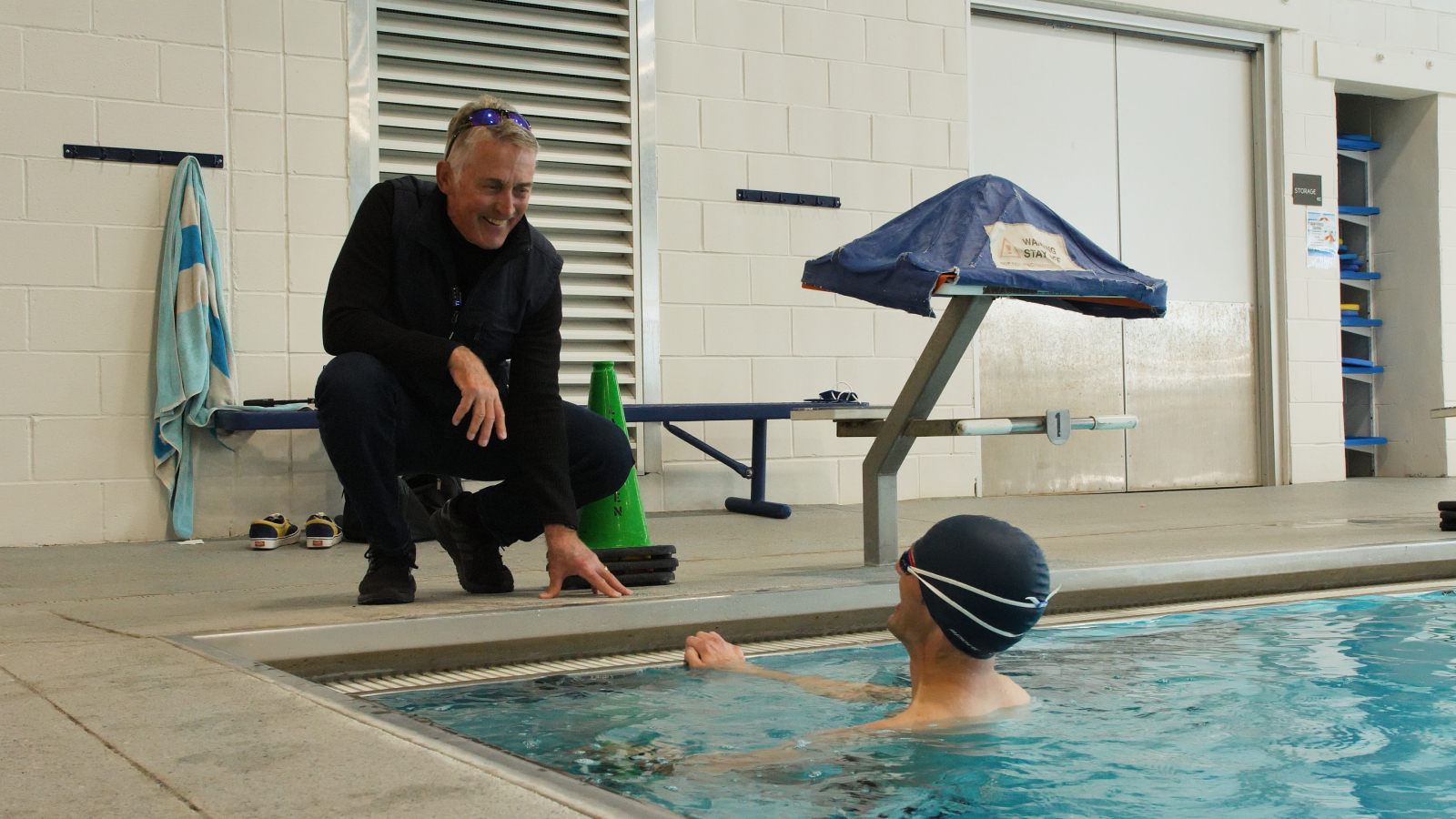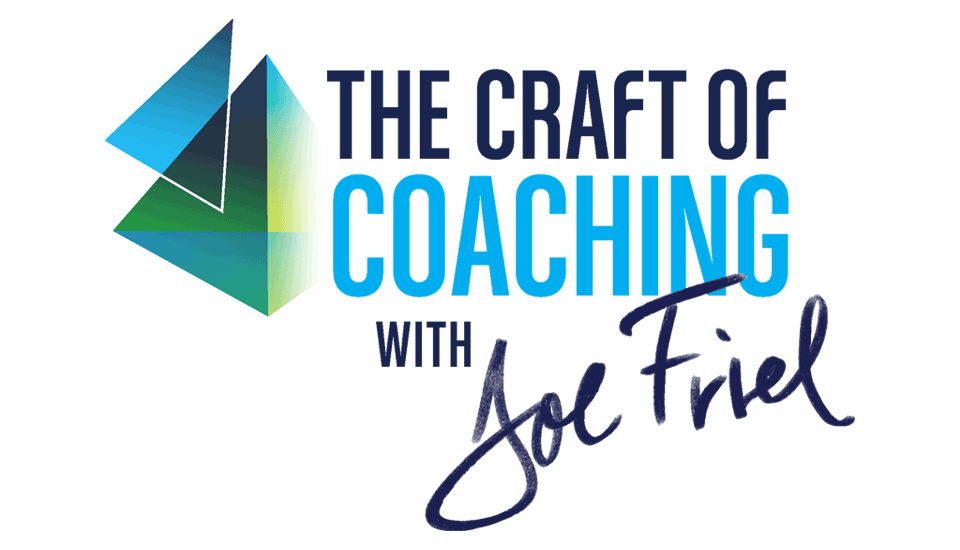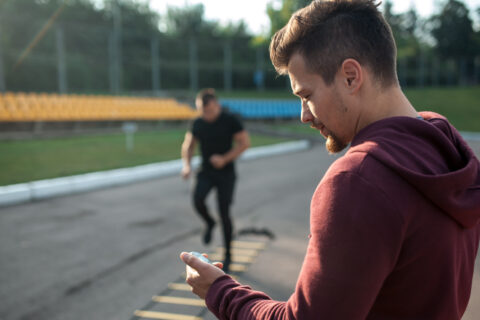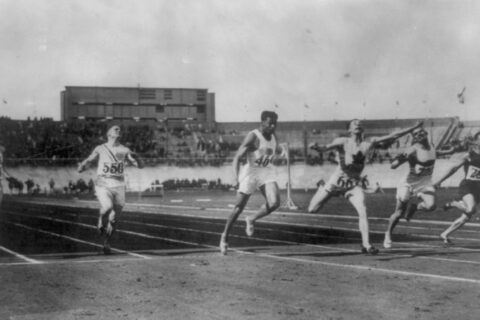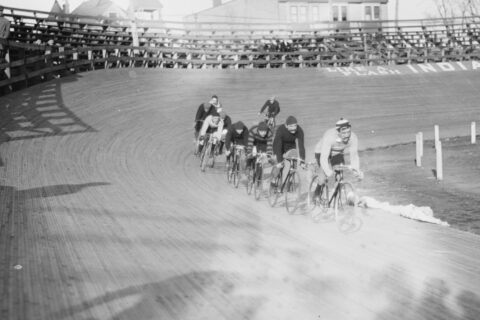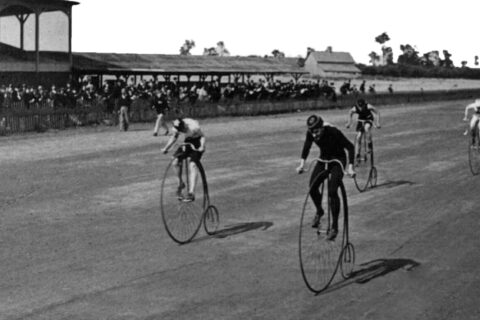Supporting performance at the highest level will cost you time and money. Coach Joe Friel shares a balanced approach to the high-stakes game of working with pro athletes.
Supporting performance at the highest level will cost you time and money. Coach Joe Friel shares a balanced approach to the high-stakes game of working with pro athletes.
